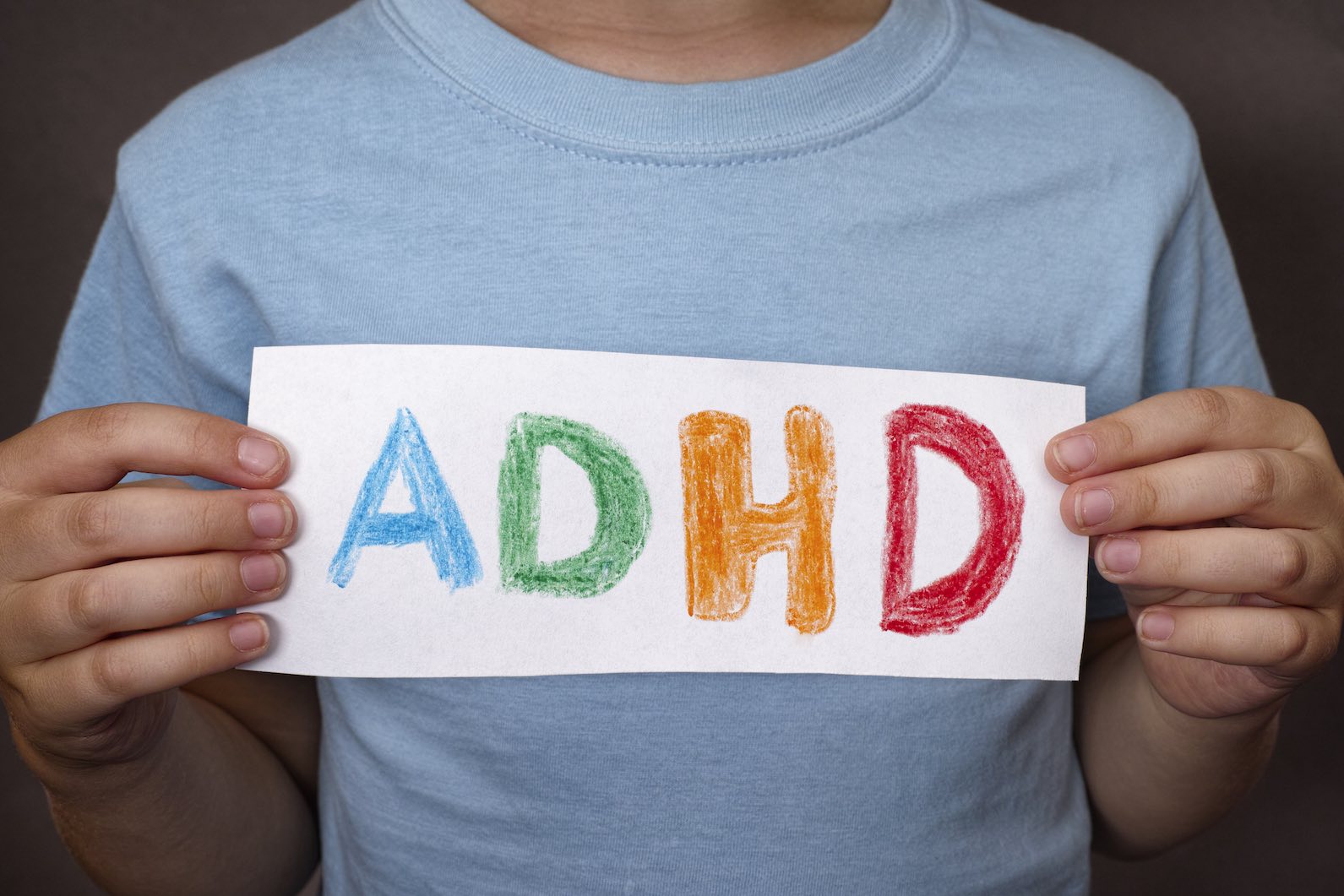Assessments
Psychological Assessments
Learning Keys offers a comprehensive assessment service for children, teens, and adults which include:
Learning Assessments
Learning Assessments (also referred to as Educational or Psychoeducational Assessments) are used to reveal a person’s unique learning profile. Issues assessed might include:
-
- Reading difficulties (dyslexia).
- Writing difficulties (dysgraphia).
- Mathematical difficulties (dyscalculia).
- General development.
- Gifted development.
- Attention.
- Behaviour.
- Self-esteem.
- Daily life skills (adaptive skills).
Learning Keys assessments use internationally recognised and validated tools/procedures to ensure a high level of diagnostic accuracy. Where appropriate, information is gathered from multiple sources including parents, teachers, and other professionals to ensure a comprehensive understanding of your concerns.

Depending on the referral concern, the following areas may be examined:
-
- Cognitive abilities (Intellectual abilities) which provides an overall IQ score and reveals a person’s unique pattern of cognitive strengths and weaknesses.
- Academic skills, including reading, written language, mathematics, problem solving and listening comprehension.
- Phonological processing skills will be assessed where there are concerns about literacy development.
- Executive functioning skills, which represent everyday skills important for learning and managing many life tasks e.g. example memory, self-regulation, attention, organisation. These skills are usually assessed using questionnaires to be completed by teachers/parents.
- Adaptive and functional skills, which are necessary for daily functioning, self-care, communication, coping skills, and socialisation. These skills are usually assessed using questionnaires to be completed by teachers/parents.
- Emotional and behavioural assessments, which are useful to understand areas such as attention and focus, challenging and oppositional behaviours, emotional regulation, and emotional concerns etc. These skills are usually assessed using questionnaires to be completed by teachers/parents.
Information gathered from the assessment will form the basis of a comprehensive report that will include recommendations for appropriate educational intervention and support. A feedback session will also be held with you to fully discuss the results.
A Psychoeducational Assessment is typically completed over two x 2-hour appointments plus a follow-up feedback appointment:
-
- Session 1 (2 hours): This session includes a parent interview and cognitive assessment with child. Questionnaires for completion by parents/teachers may be provided at this stage of the assessment.
- Session 2 (2 hours): Academic and phonological processing assessments.
- Feedback session held with parents (telephone, zoom, or face-to-face) approximately 4 weeks after assessment to provide information about the results.
Assessments for Autism
Assessments for Autism are offered at Learning Keys for both children and adults. A person with autism may present with:
-
- Differences in social interaction, verbal and nonverbal communication.
- Restricted and intense interests.
- Repetitive behaviours.
- Preferences for sameness and routines.
- Sensory differences.
Behaviours that might be consistent with autism can present in very young children, but also, may not be obvious until a child is older, or even during their adolescent years, when social interactions can become more complex and challenging. Adults may also become aware that they process social and sensory information differently and may seek an assessment.
Two types of assessments are offered:
-
- Single Assessment with either a Clinical Psychologist/Educational and Developmental Psychologist (both are recognised by NDIS). A single practitioner assessment would generally be offered where a child can provide a comprehensive history with professional reports covering developmental concerns. A single assessment may also be conducted with an older adolescent (over 16 years) or adult.
- Dual assessment held with both a Clinical Psychologist/Educational and Developmental Psychologist and a Speech Pathologist. This assessment is usually conducted as a single appointment with both assessors.
Either assessment requires:
-
- For children/adolescents up to 16 years, up to 3 hours of interview with parents and interaction with the child/adolescent.
- For adults and older adolescents, up to 3 hours of interview with the person seeking diagnosis as well as with a significant other (e.g. partner, parent, sibling etc.).
- You can expect:
- Several questionnaires to be sent for completion prior to the assessment.
- Interactive/observational interaction with the individual.
- Comprehensive interview with caregivers/significant other.
- Feedback session to discuss the assessment results and recommendations.
We may also gain additional information from:
- Cognitive assessment when necessary or desired to understand cognitive ability.
- Language assessment.
- External observation at childcare, Kindergarten school and/or home.
- Assessment of adaptive skills.
Where these additional assessments are required, additional costs may apply.
Assessment of autism is complex, and the protocols used by Learning Keys clinicians are comprehensive and informed by others such as teachers and allied health professionals.
Developmental Assessments
You may be concerned about your child’s early progress (0-6 years) in areas such as their physical, intellectual, language, social and emotional development.
Developmental Assessments are offered at Learning Keys for children aged between 0-6 years using the Griffiths III, a validated assessment tool that provides an overall measure of a child’s development, as well as an individual profile of strengths and needs across five areas including:
-
- Foundations of Learning – assesses critical aspects of learning during the early childhood years.
- Language and Communication – measures overall language development, including expressive language, receptive language, and use of language to communicate socially with others.
- Eye and Hand Coordination – considers fine motor skills, manual dexterity and visual perception skills.
- Personal–Social–Emotional – measures constructs relating to the child’s developing sense of self and growing independence, interactions with others, plus many aspects of emotional development.
- Gross Motor – assesses postural control, balance and gross body coordination.
A Developmental Assessment is conducted by asking your child to engage in a wide range of developmentally appropriate activities (e.g. physical actions, copying, puzzles, play and questions).
Following the assessment, the results will be analysed and your child’s achievements will be compared to age-appropriate expectation to determine areas of strength or challenge. Results will be explained during a feedback session and a report prepared which will outline appropriate recommendations. Should your child be noted to have areas of delay, then the final report may be helpful in seeking NDIS funding for further support.
A Developmental Assessment requires three appointments:
-
- Session 1: 1-hour interview with parent only.
- Session 2: 60 to 90 minute assessment with child.
- Session 3: 30 minute Feedback session with parent only.
ADHD Assessments
Assessments for Attention Deficit Hyperactivity Disorder are offered at Learning Keys for both children and adults.
Attention Deficit Hyperactivity Disorder (ADHD) is a complex neurodevelopmental disorder that can impact a person’s ability to function at home, at school or at work. ADHD may be identified during childhood but can also be diagnosed during adulthood, where challenges may have gone unrecognised.
ADHD primarily causes symptoms related to inattention, hyperactivity-impulsivity, or a combination of both.
The signs and symptoms of ADHD can change over time and may present differently throughout the different stages of childhood and into adulthood. However, common signs may include:
- Trouble focusing.
- Being easily distracted.
- Having high movement needs (e.g., fidgeting, restlessness etc.).
- Impulsive behaviours and actions.
- Difficulties with organisation and planning.
- Frequently forgetting or losing personal items.
- Trouble completing tasks.
- Challenges in social relationships.
While assessments for ADHD may be completed as part of an overall learning assessment, stand-alone assessments for ADHD are also offered at Learning Keys. Everyone’s needs will be different, and an assessment protocol will be individually negotiated with you by the assessing Psychologist to ensure that your specific needs are taken into account.
You can expect:
- Several questionnaires to be sent for completion prior to the assessment.
- Interactive/observational interaction with the individual.
- Comprehensive interview.
- Feedback session to discuss the assessment results and recommendations.
We may also gain additional information from:
- Cognitive assessment when necessary or desired to understand cognitive ability.
- Language assessment.
- External observation at childcare, Kindergarten school and/or home.
- Assessment of adaptive skills.
Where these additional assessments are required, additional costs may apply.




